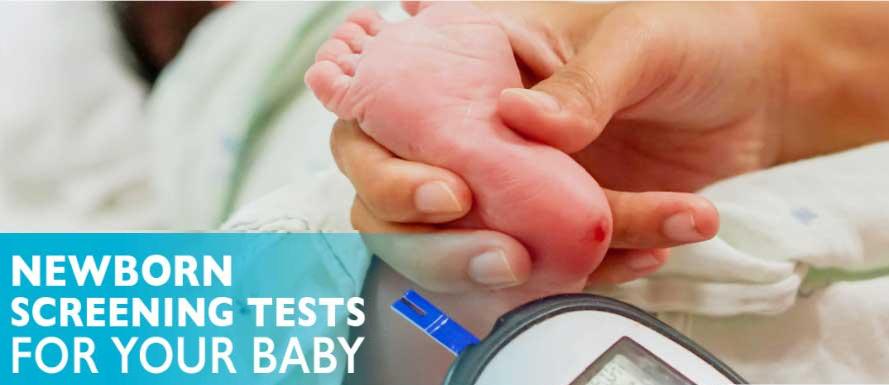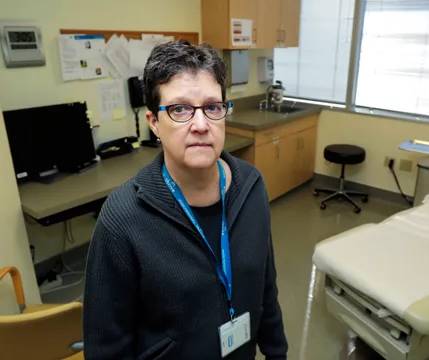Vaccinations for 50-plus advised
 Dubai: It’s not just toddlers who need to be vaccinated, with the threat of pneumococcal diseases like meningitis, respiratory infections and pneumonia in crowded places. Adults above the age of 50 with compromised immunity need to be vaccinated too.
Dubai: It’s not just toddlers who need to be vaccinated, with the threat of pneumococcal diseases like meningitis, respiratory infections and pneumonia in crowded places. Adults above the age of 50 with compromised immunity need to be vaccinated too.
A recent study titled ‘Pneumococcal disease in the Arabian Gulf: Recognising the challenge and moving toward a solution’ conducted by Dr Fatima Mahmoud Al Attar, head of preventive services centre at the Dubai Health Authority (DHA), indicated the average age of a patient with pneumococcal disease to be 58 years. The most common co-morbidities that could invite infections were diabetes mellitus (21 per cent), malignancy (20 per cent) and chronic obstructive pulmonary disease (19 per cent). By 2050, the United Nations estimates that people in the age group of 60 and above will increase by 26.7 per cent as compared with the current population.
Pneumococcal diseases are complex and describe a group of illnesses caused by the bacterium streptococcus pneumoniae. Individuals who carry these in their nasal passages may potentially expose others to the risk of these diseases through close contact via respiratory droplets that are sneezed, coughed, or exhaled containing the bacteria.
Dr Fatima feels that several lives can be saved by these vaccinations and has called for mass awareness about adult vaccination.
“Risk groups for these diseases include adults over the age of 50, adults with co-morbidities like type 2 diabetes mellitus, haematological malignancy, organ and bone marrow transplantation or chronic cardiovascular, kidney or lung diseases as well as pilgrims undertaking the Haj. Ageing has been widely recognised as a risk factor due to natural weakening of the body’s immune system and susceptibility to infection. In the UAE, the prevalence of type 2 diabetes mellitus is among the highest in the world, ensuring that this co-morbidity is a substantial risk factor for pneumococcal disease,” she said.
Her study indicated that surveillance of invasive pneumococcal diseases is not compulsory in the Gulf States, and thus, the disease burden often remains under-reported. While the notification service for infectious diseases in Dubai, UAE, receives an average of 11,000 infectious disease notifications annually, the bacterium is not highly represented in this sample, and there is no specification of stereotype. With respect to clinical presentation, among those 11,000 infectious disease notifications, only 750 cases of pneumonia, and 35 cases of bacterial meningitis were observed on average each year, suggesting that there is a need to enhance case notification, the study concludes.









Post Comment
You must be logged in to post a comment.